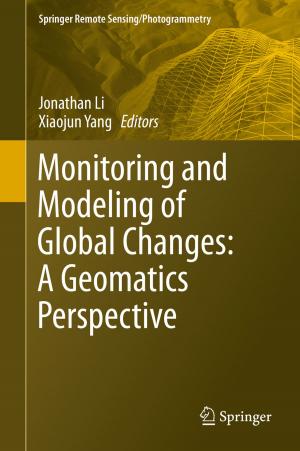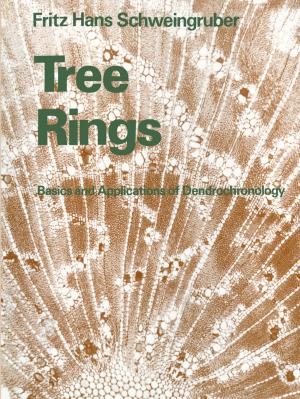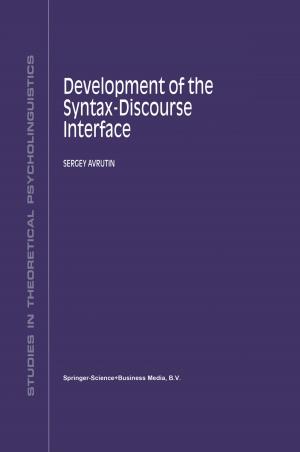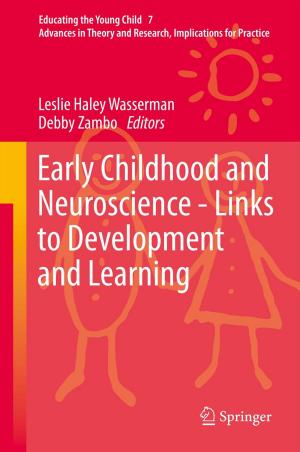Research in Early Childhood Science Education
Nonfiction, Science & Nature, Science, Other Sciences, Study & Teaching, Reference & Language, Education & Teaching, Preschool & Kindergarten| Author: | ISBN: | 9789401795050 | |
| Publisher: | Springer Netherlands | Publication: | April 15, 2015 |
| Imprint: | Springer | Language: | English |
| Author: | |
| ISBN: | 9789401795050 |
| Publisher: | Springer Netherlands |
| Publication: | April 15, 2015 |
| Imprint: | Springer |
| Language: | English |
This book emphasizes the significance of teaching science in early childhood classrooms, reviews the research on what young children are likely to know about science and provides key points on effectively teaching science to young children. Science education, an integral part of national and state standards for early childhood classrooms, encompasses not only content-based instruction but also process skills, creativity, experimentation and problem-solving. By introducing science in developmentally appropriate ways, we can support young children’s sensory explorations of their world and provide them with foundational knowledge and skills for lifelong science learning, as well as an appreciation of nature. This book emphasizes the significance of teaching science in early childhood classrooms, reviews the research on what young children are likely to know about science, and provides key points on effectively teaching young children science. Common research methods used in the reviewed studies are identified, methodological concerns are discussed and methodological and theoretical advances are suggested.
This book emphasizes the significance of teaching science in early childhood classrooms, reviews the research on what young children are likely to know about science and provides key points on effectively teaching science to young children. Science education, an integral part of national and state standards for early childhood classrooms, encompasses not only content-based instruction but also process skills, creativity, experimentation and problem-solving. By introducing science in developmentally appropriate ways, we can support young children’s sensory explorations of their world and provide them with foundational knowledge and skills for lifelong science learning, as well as an appreciation of nature. This book emphasizes the significance of teaching science in early childhood classrooms, reviews the research on what young children are likely to know about science, and provides key points on effectively teaching young children science. Common research methods used in the reviewed studies are identified, methodological concerns are discussed and methodological and theoretical advances are suggested.















